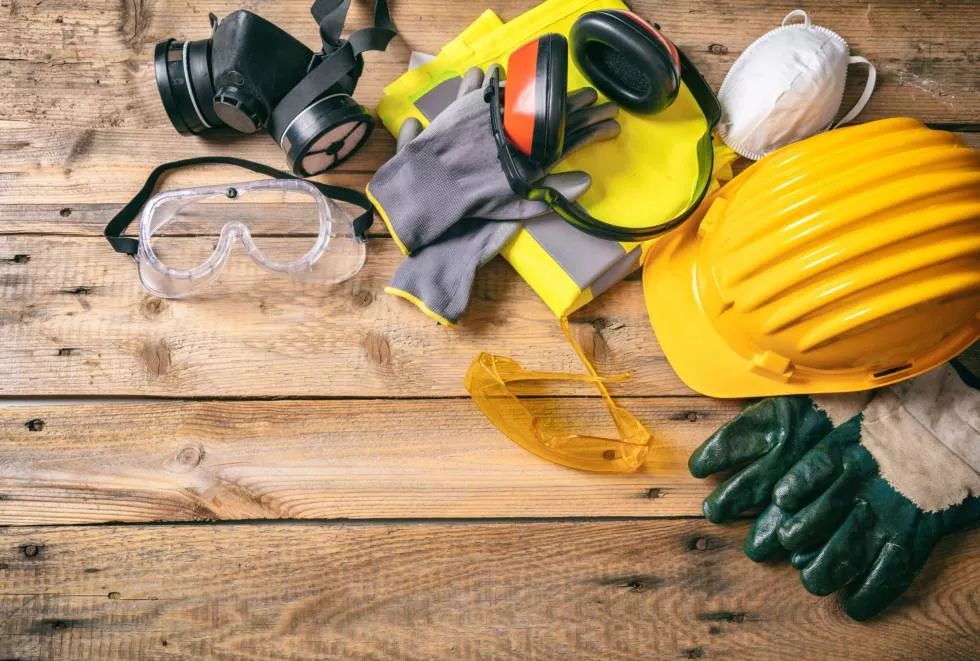Does Workers’ Compensation Cover Hearing Loss From Construction Sites?
Working on a construction site comes with inherent risks and dangers. Strict licensing requirements and procedures help cut down on heavy machinery accidents, but other types of injuries are more difficult to prevent. The Centers for Disease Control estimates that 22 million Americans are exposed to potentially damaging noise at work every year. Construction workers are at a heightened risk due to the nature of their work environment and may qualify for workers’ compensation benefits.
The Occupational Safety and Health Administration (OSHA) requires employers to institute hearing conservation programs when noise exposure is at or above 85 decibels averaged over eight working hours. And the National Institute for Occupational Safety and Health (NIOSH) warns that hearing damage can occur at 85 decibels.
With those standards, the numbers and kinds of equipment on a construction site that can damage hearing are extensive. Everything from jackhammers, bulldozers, demolitions, and power tools can range in loudness from 80 to 120 decibels when in use.
How Can You Prove Your Hearing Loss Is Work-Related?
As it is in all workers’ compensation claims, you are required to prove that your hearing loss is work-related. Traumatic Hearing Loss is caused by a sudden injury instead of prolonged exposure. This might occur if there’s an accidental demolition or equipment malfunction. Those cases are treated with the same basic requirements as other work-related accidents.
In Georgia, the burden of proof for Occupational Hearing Loss is higher. You must prove that prolonged exposure to loud noises has caused permanent hearing loss. Among other factors that must be proven are claims that there’s an average hearing loss of 15 decibels and that the loss is sensorineural and not due to tinnitus.
To determine the level of damage, victims will undergo audiometric testing. In some instances, medical testing will be done to see if ototoxic chemicals damaged the structures of the ear canal. Your employer might try to argue that factors outside of work were the main contributors, but an experienced workers’ compensation attorney can help prove that your hearing loss is work-related and fight to earn you the compensation you deserve.
Georgia Workers’ Compensation Attorneys
If you’ve experienced work-related hearing loss, then you need a workers’ compensation attorney. Contact the Law Offices of Laura Lanzisera today for a free consultation, or give us a call at 404-991-5097.
